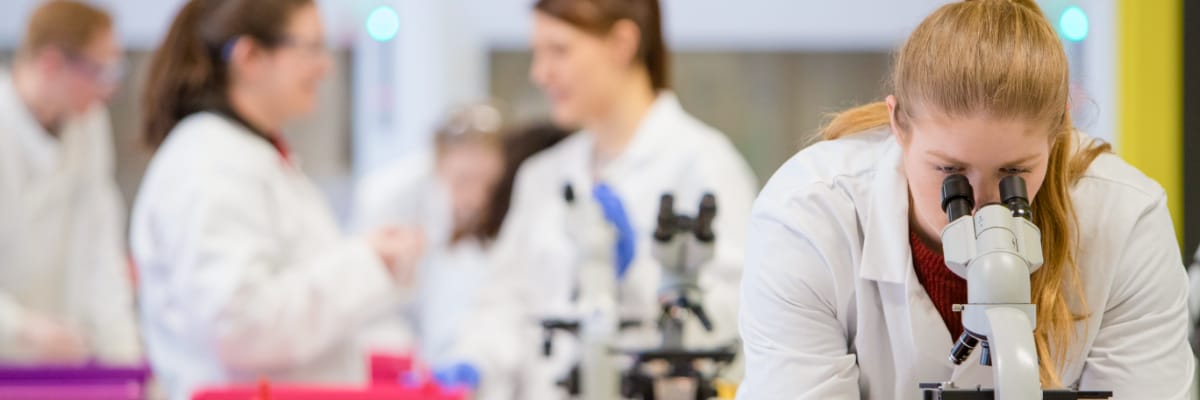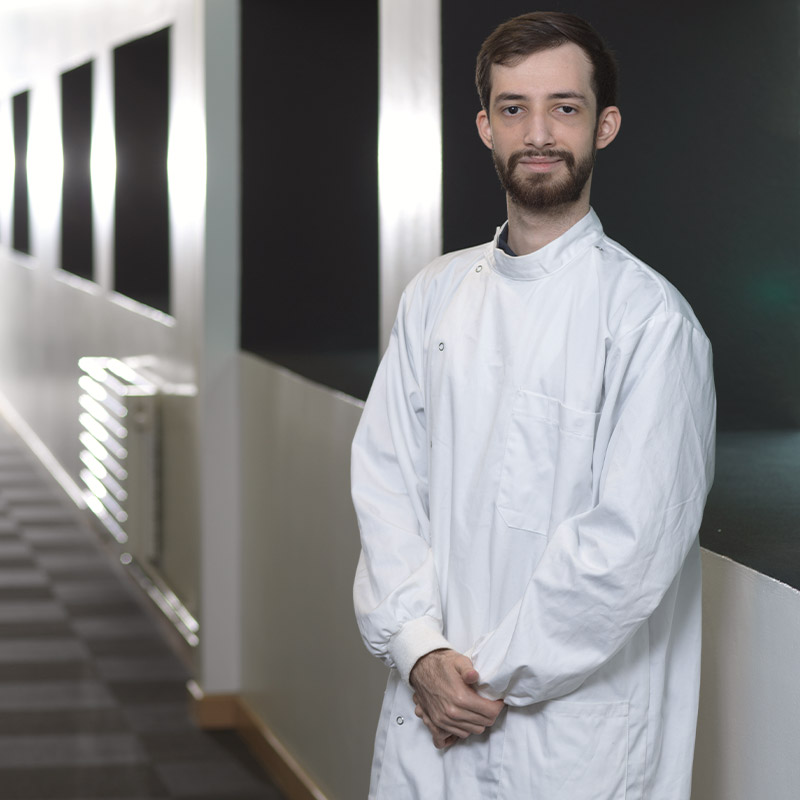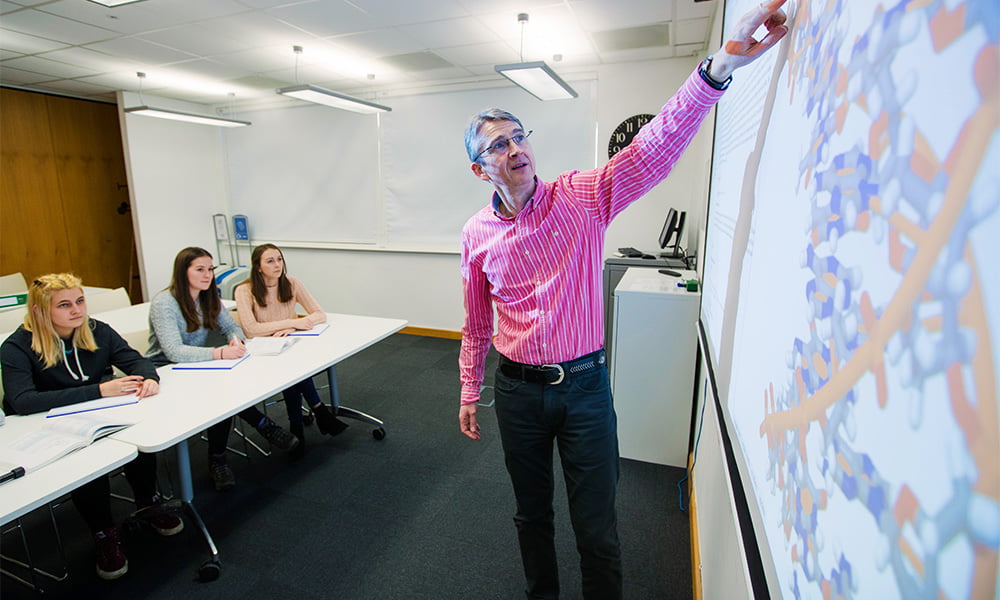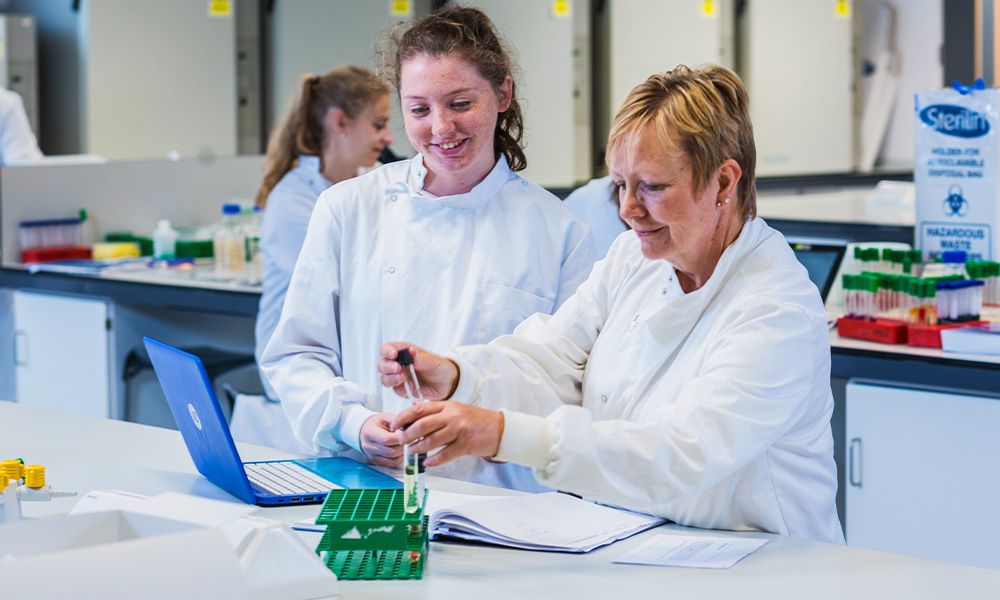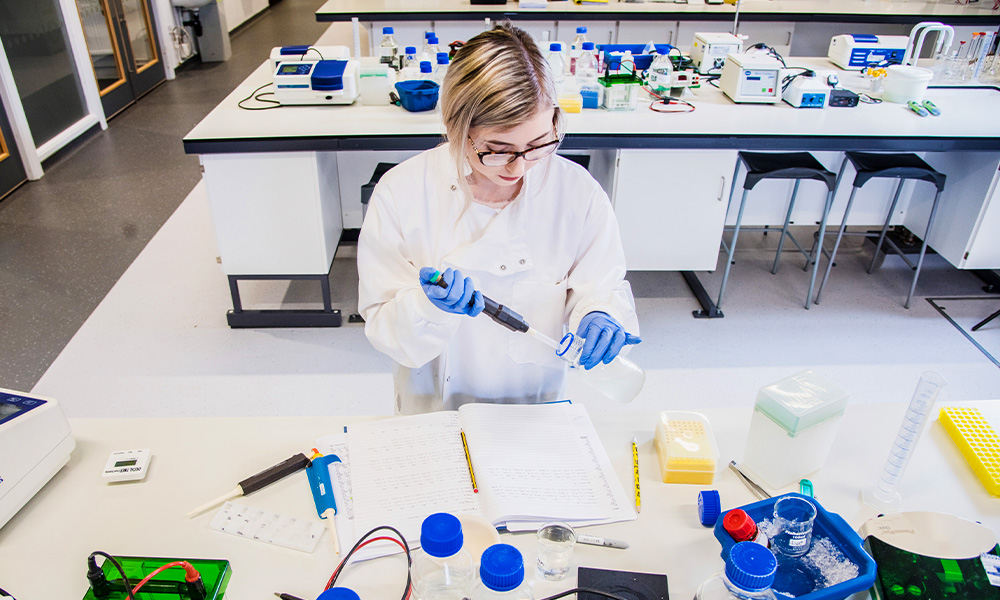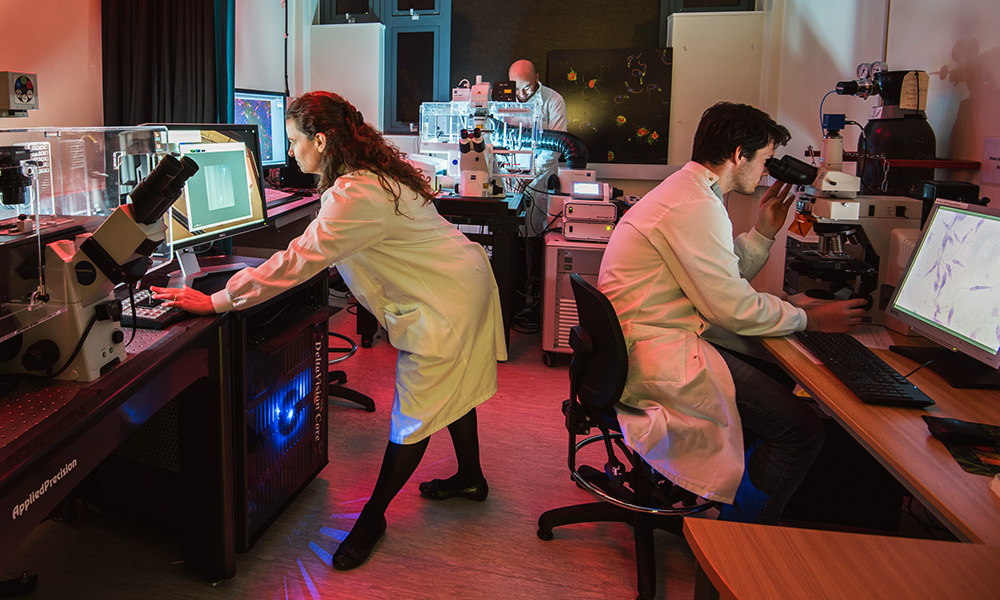Careers
Our IBMS-accredited Biomedical Science degrees are a path to employment as a Biomedical Scientist in the NHS. As well as this specific career path, you will build the skills and knowledge to open many other doors in the sciences and beyond, whilst our Biomedicine degrees open up a wide variety of careers investigating human diseases and conditions.
Examples of the types of careers pursued by our graduates include:
| Biomedical Scientist | Clinical Trials Coordinator | Haematology Associate Practitioner |
| Histology Scientist | Research Scientist | Life Sciences Sales Executive |
| Medical Laboratory Assistant | Microbiologist | Science Teacher |
| Medical Writer | Physician Associate | Biotechnologist |
| Toxicologist | NHS Manager | Accountant |
Some roles may require further training.
NHS Scientist Training Programme
These degrees are an ideal basis for applying for a highly-sought-after place on the NHS Scientist Training Programme. For more details on specialisms and entry requirements, please visit the NHS website.
Postgraduate study
Many of our students go on to postgraduate study in a field they are passionate about, studying master’s degrees or PhDs in subjects like medicinal chemistry, pharmacology, cancer research, neuroscience, microbiology or immunology.
Careers support
Whatever your career aspirations, we’ll strive to support you and enhance your employability. You’ll receive lifelong support from our careers team, which will help you to make connections with graduate employers and recent alumni.


